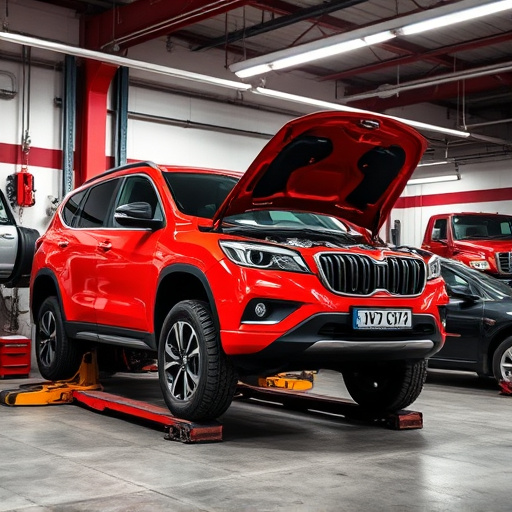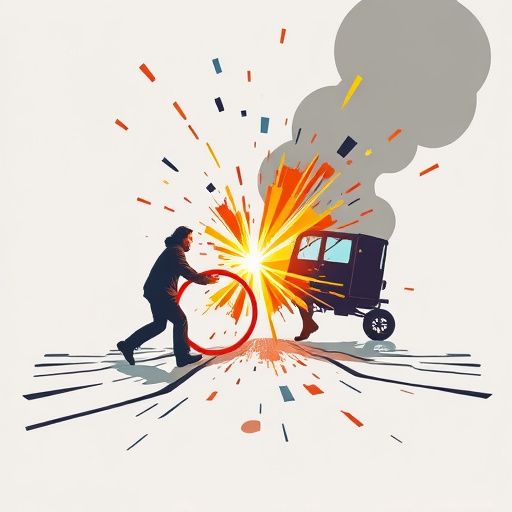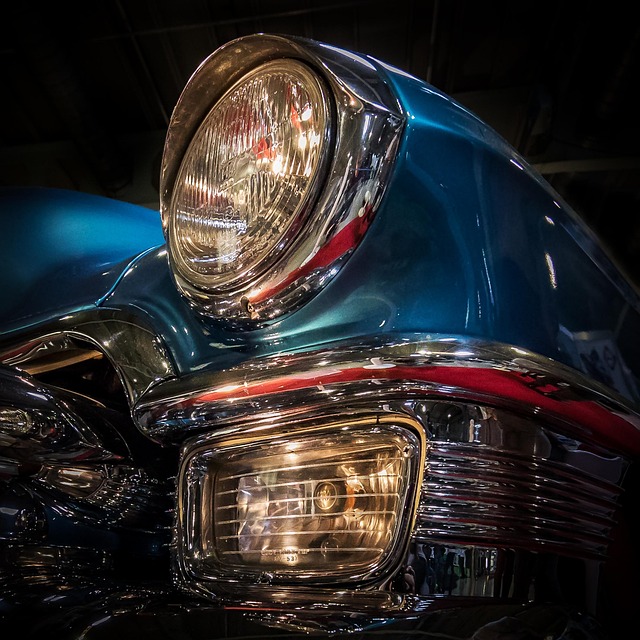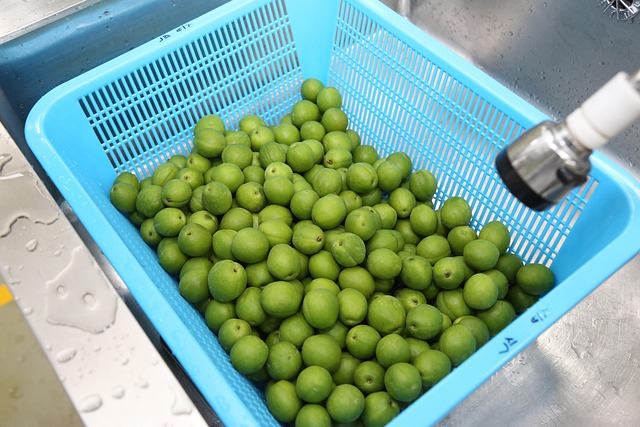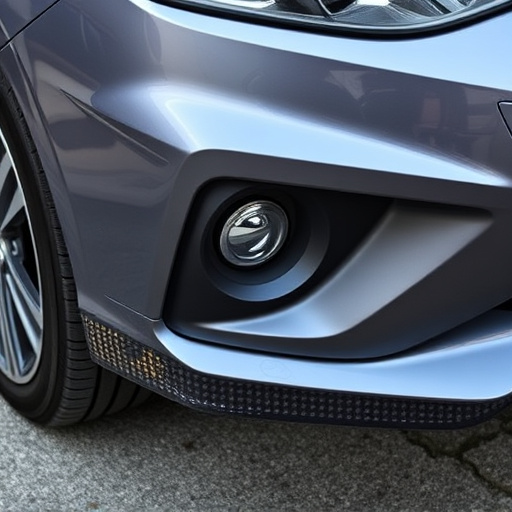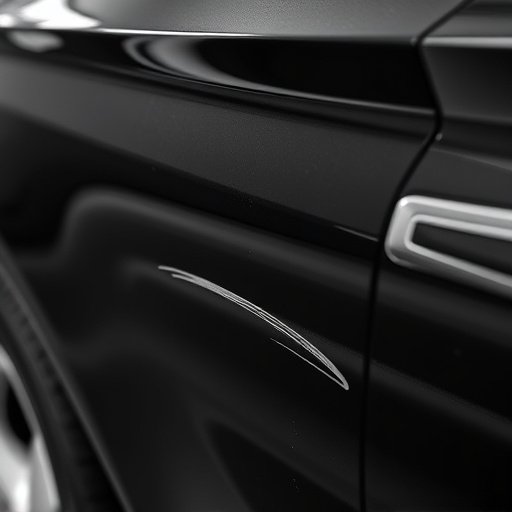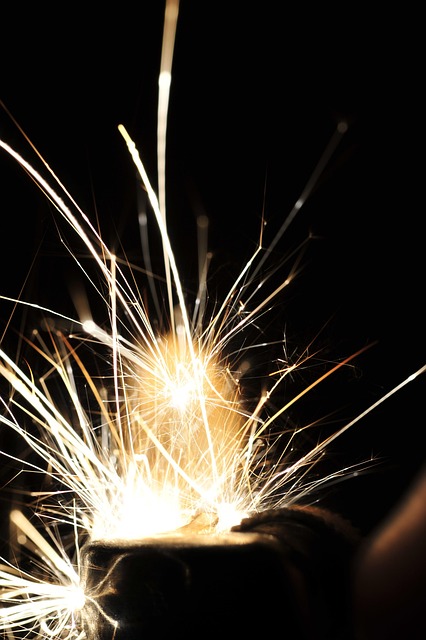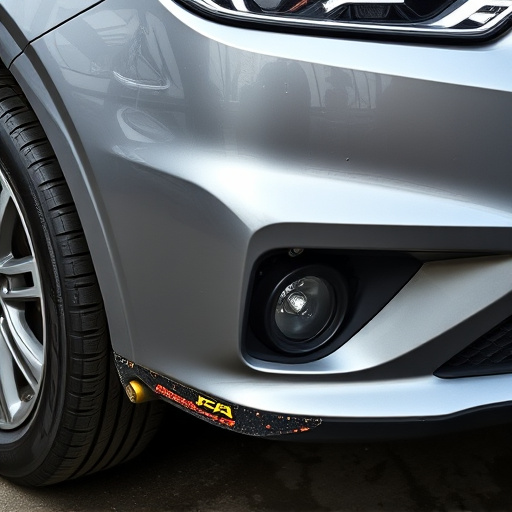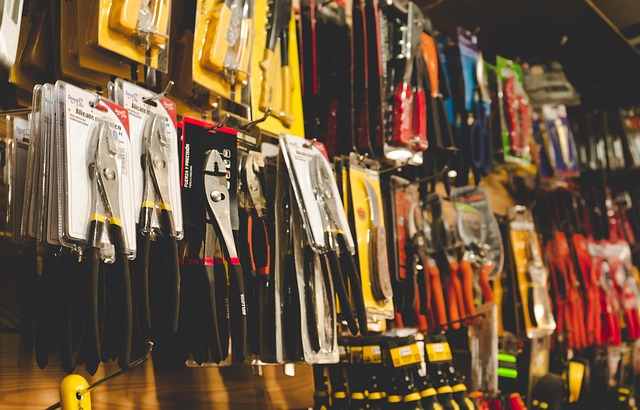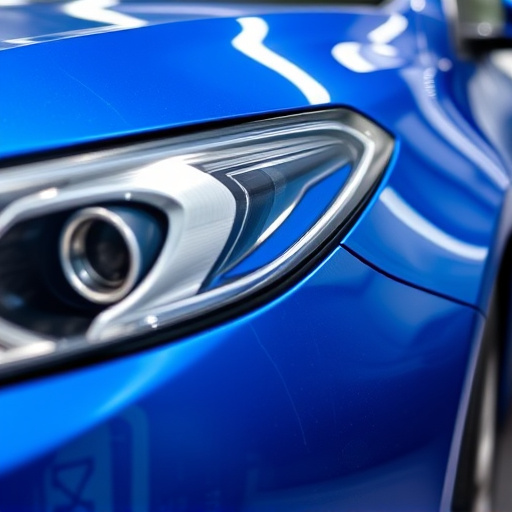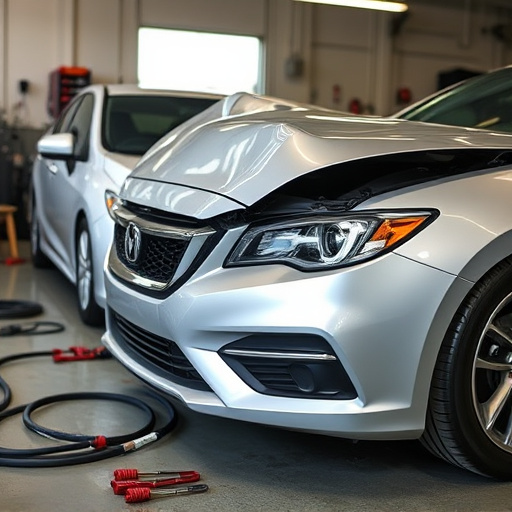Collision repair certification requires continuous effort from shops to meet stringent industry standards covering staff training, facility upgrades, ethical practices, quality, and environmental regulations. Regular inspections, employee education, and staying updated on technology are crucial for preservation. Shops must adopt rigorous quality control measures for accurate repairs, enhancing customer satisfaction and market reputation.
Shops aiming for excellence in collision repair must maintain their certification, a testament to their expertise and commitment to quality. This article explores the key strategies they employ to stay ahead of evolving industry standards. From understanding the rigorous collision repair certification requirements to investing in continuous training and implementing robust quality control measures, these practices ensure accurate, reliable repairs. By adhering to these best practices, shops uphold their certifications and provide customers with peace of mind.
- Understanding Collision Repair Certification Requirements
- Maintaining Standards: Regular Training and Education
- Quality Control: Ensuring Consistent Repair Accuracy
Understanding Collision Repair Certification Requirements
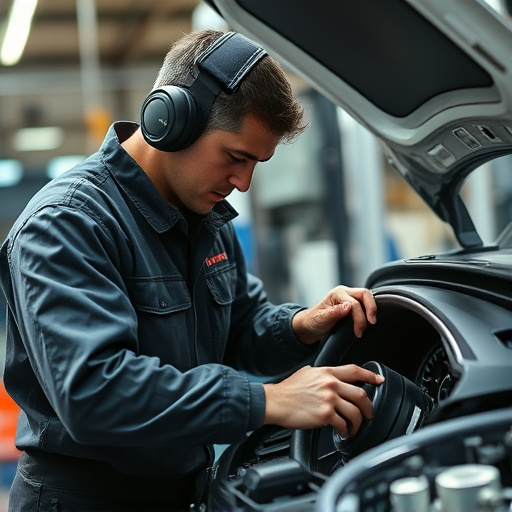
Maintaining collision repair certification is a multifaceted process that requires constant vigilance and adherence to stringent industry standards. To ensure they remain certified, shops must understand and meet specific criteria set forth by accrediting bodies. These requirements encompass a wide range of aspects, from staff training on the latest techniques in vehicle body repair and vehicle paint repair to maintaining an up-to-date facility equipped with state-of-the-art equipment for both vehicle restoration and collision repair.
Moreover, certified shops are expected to uphold ethical practices, maintain high quality standards, and comply with environmental regulations. Regular inspections, continuous education for employees, and a commitment to staying abreast of technological advancements in the field are also integral parts of preserving certification status. By meeting these certification requirements, collision repair facilities not only ensure their competence but also instill confidence in customers seeking top-notch vehicle body repair and restoration services.
Maintaining Standards: Regular Training and Education
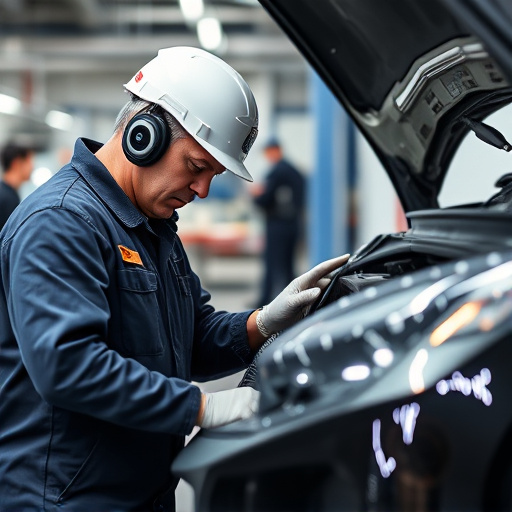
Maintaining high standards is non-negotiable for shops aiming to keep their collision repair certification. This involves a commitment to regular training and education for all staff involved in automotive collision repair. As technology advances, staying current with industry best practices is vital to ensure accurate and efficient vehicle dent repair processes.
Shops must provide ongoing professional development opportunities that cover everything from basic dent repair techniques to advanced metalworking methods. By fostering a culture of continuous learning, shops can guarantee their technicians are equipped with the knowledge needed to handle even complex cases, thereby upholding the shop’s collision repair certification and maintaining customer satisfaction.
Quality Control: Ensuring Consistent Repair Accuracy
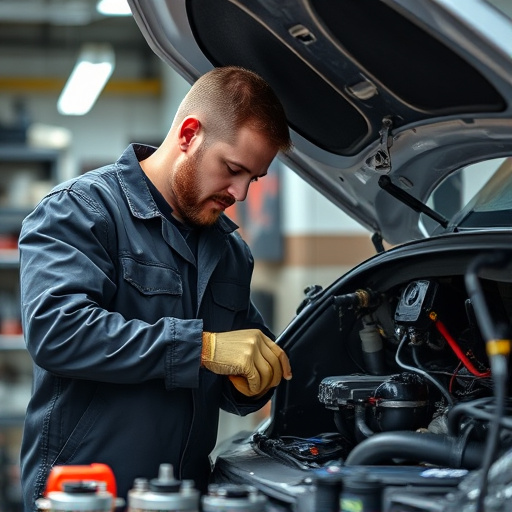
In the realm of collision repair certification, maintaining accuracy is paramount. Shops aiming to uphold their credentials must implement robust quality control measures. This involves rigorous inspection processes where each repair step is meticulously evaluated for adherence to industry standards and specifications. By prioritizing precision throughout the repair journey, from initial assessment to final touch-ups, auto collision centers ensure that every car leaving their premises meets the highest quality criteria.
Effective quality control not only safeguards customer satisfaction but also serves as a cornerstone of credible collision repair services. It fosters trust by demonstrating expertise and commitment to excellence in auto damage repair, solidifying the shop’s reputation in a highly competitive market.
Shops that prioritize their collision repair certification status demonstrate a commitment to excellence. By adhering to strict standards, providing regular training, and implementing rigorous quality control measures, these businesses ensure their repairs meet high-quality benchmarks. This dedication not only safeguards customer satisfaction but also fosters trust in the industry, ensuring consumers receive reliable and certified collision repair services.

